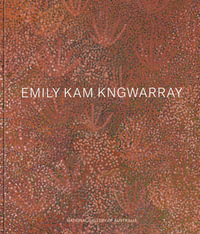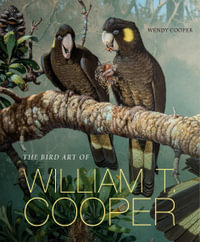The Anglo-American artist James McNeill Whistler (1834 – 1903) is a household name – a man who inspired and astonished the Victorian world. Less well known, though, is the influence of nature on Whistler's work. This innovative and compelling study reconsiders Whistler's work from the context of his military service and his relationship with 'nature at the margins,' showing how Whistler's observation of nature and its moods underpinned his haunting visions of nineteenth-century life.
This innovative and compelling study reconsiders Whistler's work from the context of his military service and his relationship with 'nature at the margins.' Whistler came from a family of soldiers and engineers; his father, Major George Washington Whistler, was originally a US military engineer. Drawing and mapmaking were important components of the military training that Whistler acquired as an officer cadet at West Point Academy in 1851-4 and subsequently in the Drawing Department at the US Coast and Geodetic Survey, where he attempted to realize his father’s hopes that he would make engineering or architecture his profession.
These influences in turn shaped Whistler's attitude towards nature, as expressed in works ranging from his celebrated London 'Nocturnes' to his French coastal scenes – all of which were created after Whistler moved permanently to Europe in 1855.
50 colour illustrations
Industry Reviews
"A collection of three long beautifully illustrated essays that look beyond his sometimes reductive self-presentation to redefine Whistler's engagement with nature."--World of Interiors
"Sets out to cast a new light on the work of the master by taking a different approach to his oeuvre ... quietly lovely."-- (01/01/2019)
"Illuminating ... invites us to focus on less familiar aspects of his work." -- (11/01/2018)
"Much to see ... reveals Whistler's multi-faceted talent."-- (11/01/2018)
"A handsome display"--Daily Telegraph (10/01/2018)
"Animate[s] Whistler's work with the suggestion not just that nature is the covert subject of his most interesting art, but also that nature was always for him artificial."--Apollo (10/01/2018)
"Fascinating show ... [a] sense of an an eager, shaping intelligence stands behind all of the works."-- (11/01/2018)
"This is not Whistler as we generally know him ... aims to show the Anglo-American artist in a new light as it explores his relationship with nature."--Timeless Travels
























